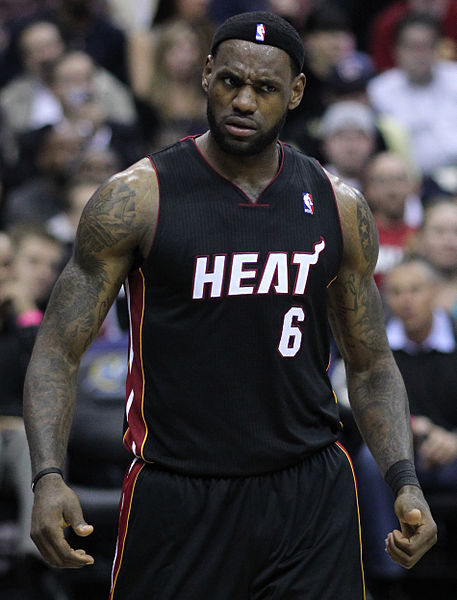At Pacific-Standard, Steve Swayne predicts that brain damage caused by football will force the end of most American high school and college programs within 15 years. It’s difficult to imagine that the coup de grâce will be administered so swiftly, but class-action suits will likely proliferate as we proceed. One note: The editor who wrote the article’s subheading should realize that “futból” also has a nasty head-injury problem. From Swayne:
“I’m not the first to make these suggestions; in a 2012 story in Grantland, economists Kevin Grier and Tyler Cowen looked at historical models of businesses dying off and provided some illustrations about how America would look without football. And the NCAA’s recent announcement giving more autonomy to the biggest conference schools will, in my estimation, only accelerate the speed of the changes as colleges and universities re-evaluate their finances and mission and weigh the place of football to both.
Even if football’s demise doesn’t come to pass as starkly as I imagine and they outline, we all can see that the world of football is changing rapidly and dramatically. At first the NFL was a league of denial when it came to the connection between concussions and brain damage. Then, having been sued by former players, the league offered a limited settlement. Now, ‘the N.F.L. has made an open-ended commitment to pay cash awards to retired players who have dementia and other conditions linked to repeated head hits,’ according to the New York Times. In short, the league is acknowledging that football can be extremely hazardous to your mental health.
It’s why I believe institutions of learning are going to re-evaluate the place of football and other high-impact sports in their missions. And I believe this re-evaluation is coming sooner than any of us imagine.”



